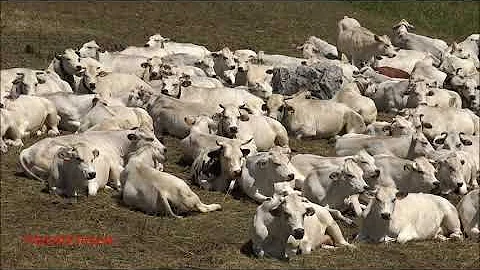Cosa vuol dire Moe?

Cosa vuol dire Moe?
Moe (萌え) è una parola giapponese che originariamente si riferisce all'attrazione o all'amore per i personaggi dei fumetti, dei cartoni o dei videogiochi. ... "moe per le ragazze con gli occhiali"), descrive una persona che è attratta da personaggi con gli occhiali.
Quando si fa la visita ortottica?
Nell'adulto la valutazione ortottica è consigliabile in caso di: cefalea, visione doppia, affaticamento della vista da vicino, difficoltà nella messa a fuoco, disagi durante lo studio, la lettura e l'uso del computer.
Cosa significa Chibi Chan?
Tale termine è infatti utilizzato per indicare una persona o un animale di piccole dimensioni. Può essere tradotto come "piccolo", ma non viene utilizzato allo stesso modo di chiisana (小さな). La parola è diventata molto utilizzata attraverso il mondo dei manga e degli anime.
Does New York have its own slang?
- Yes, like many major cities, New York has it’s very own, unique slang words that you’re unlikely to hear anywhere else. Here are 21 essential words and phrases to listen out for. Very cold or almost freezing, e.g. “I’m not going out tonight – it’s brick out there!”
What does Moe mean in Japanese slang?
- Moe (萌え, pronounced [mo.e] (listen)) is a Japanese slang loanword that refers to feelings of strong affection mainly towards characters (usually female) in anime, manga, video games, and other media directed at the otaku market. Moe, however, has also gained usage to refer to feelings of affection towards any subject.
What is slang?
- Slang is vocabulary that is used between people who belong to the same social group and who know each other well. Slang is very informal language. It can offend people if it is used about other people or outside a group of people who know each other well.
What is a moe character?
- Characters that elicit feelings of moe are called " moe characters.". The word has also evolved to be used regarding all kinds of topics. Included in the meaning of the word is the idea that "deep feelings felt towards a particular subject" is used in cases where a simple "like" is not enough to express the feeling.















